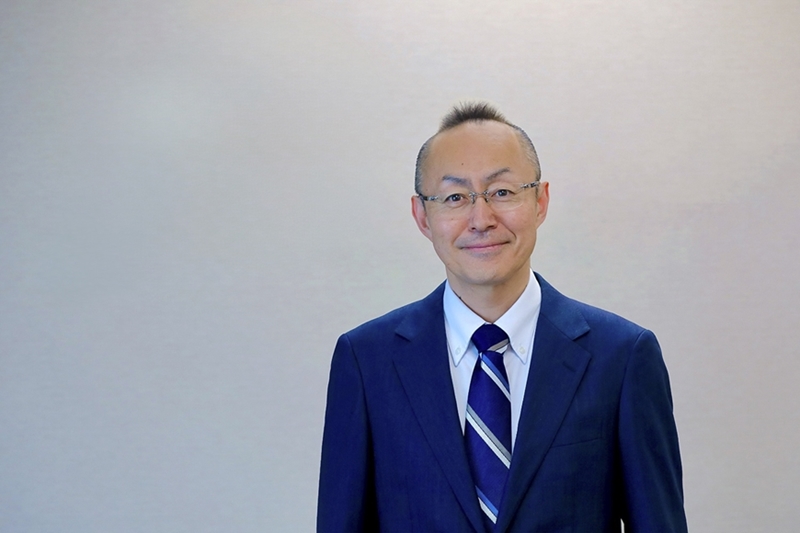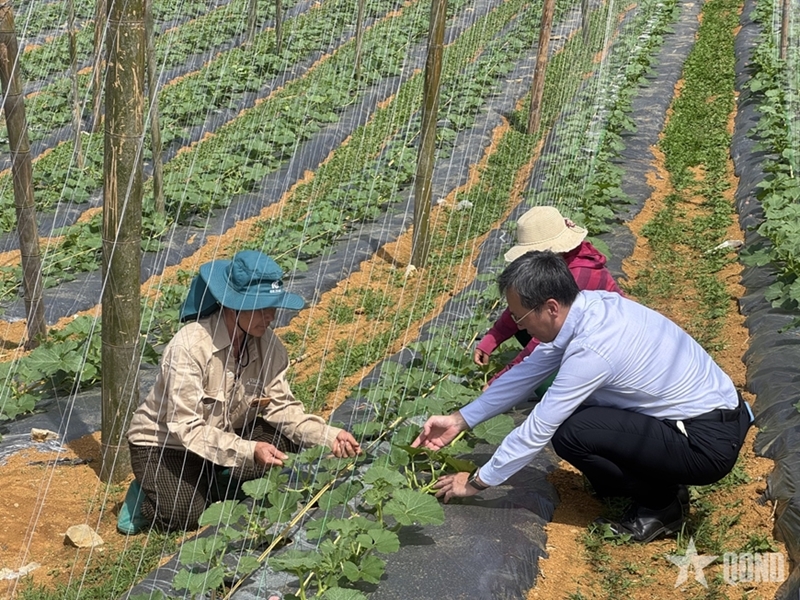    |
 |
|
Chief Representative of the Office of JICA in Vietnam Kobayashi Yosuke (Photo: JICA) |
In a recent interview granted to the People’s Army Newspaper, Kobayashi Yosuke said that as of October 1, 2025, 46 long-term experts and 42 JICA volunteers are currently working across multiple localities in Vietnam. Alongside these individuals, numerous Japanese organizations, including enterprises, universities, and non-governmental organizations, have been working closely with Vietnamese partners to promote the country’s socio-economic development.
In response to Vietnam’s rapidly aging population, JICA has dispatched volunteers to the National Geriatric Hospital in Hanoi to train medical staff in swallowing disorder assessment techniques, and facilitated Japanese companies in sharing elderly nursing care expertise with Bach Mai Hospital.
In addition, JICA is finalizing procedures with the Vietnamese side to implement ODA loan projects focusing on building roads, irrigation systems, and anti-erosion embankments in several Northern provinces to protect communities from climate change impacts. To date, JICA has supported five grant aid projects and fifteen ODA loan projects, with a primary focus on upgrading infrastructure and improving living standards.
Regarding completed projects, Kobayashi noted that the Sabo Dam in Son La has contributed to disaster prevention and risk reduction and helped to establish technical standards and institutional frameworks for sediment management. Building on these outcomes, the Ministry of Agriculture and Rural Development plans to construct around 100 new Sabo dams nationwide.
The Yen Xa Wastewater Treatment Plant in Hanoi, completed in August 2025, stands among the largest facilities of its kind in Southeast Asia. It has helped the capital city achieve its urban wastewater treatment goals, thus improving environmental quality and residents’ living conditions. JICA is now discussing with local partners the replication of this model in Ho Chi Minh City, Hue, and several other localities.
In the latter half of fiscal year 2025, JICA has identified human resource development as its top priority in ODA cooperation with Vietnam, aligning with the country’s four key reform pillars. This includes supporting training in semiconductors and artificial intelligence (AI) at the Vietnam–Japan University and Hanoi University of Science and Technology. In legal and institutional reform, JICA is reviewing and disseminating achievements from its long-running judicial and legal reform projects and continuing leadership training programs to strengthen governance in the new context.
In private sector development, JICA focuses on supporting the growth of small and medium-sized enterprises, especially women-led businesses, through entrepreneurship training and improved financial access.
    |
 |
|
Japanese experts guide residents in Son La Province in growing organic vegetables. |
According to the Chief Representative of the Office of JICA in Vietnam, these initiatives demonstrate JICA’s strong commitment to supporting Vietnam on its journey toward becoming a high-income nation by 2045, and achieving sustainable and inclusive development.
A noteworthy aspect of Vietnam’s institutional reform is the two-tier local government model, which Japan has implemented for many years. JICA believes that Vietnam can draw on Japan’s practical experience in applying the model.
Translated by Tran Hoai